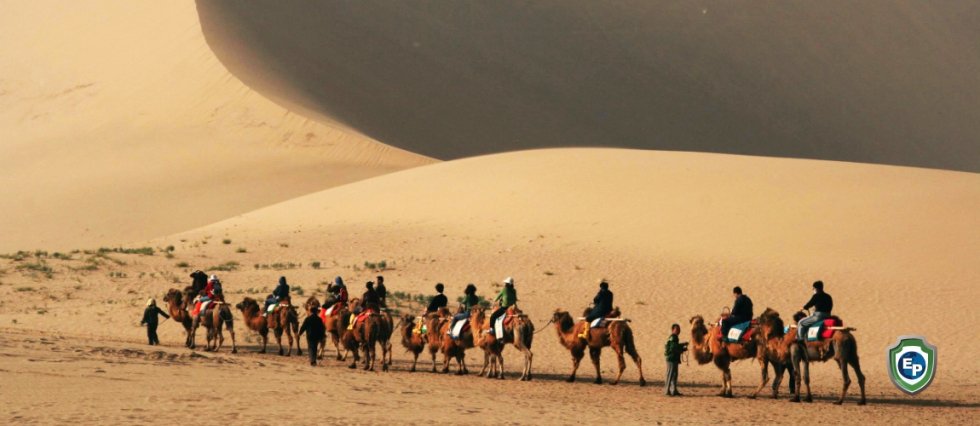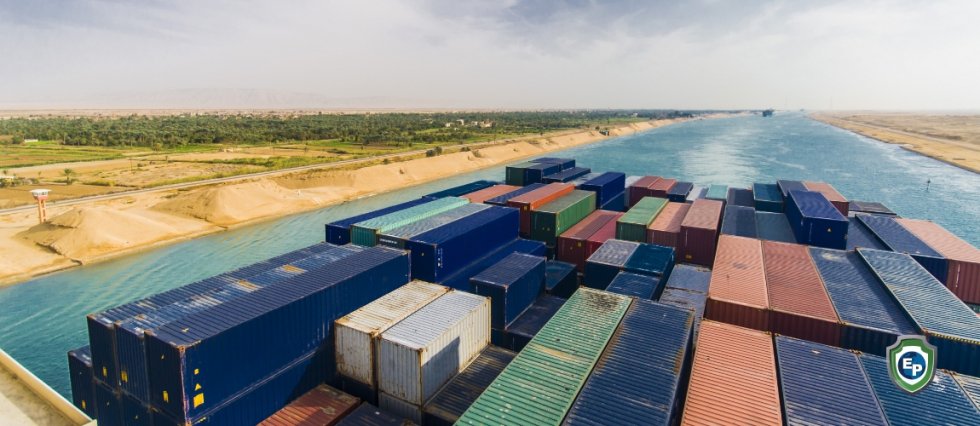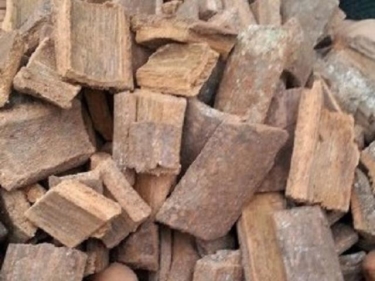China's Massive Belt and Road Initiative and its Impact on Africa
While China considers Africa to be a key component of its Belt and Road Initiative, the benefits going to the continent are not very apparent. Visit our article to learn more.

Originally, the Silk Road referred to various routes that once linked China to the Roman Empire. Trading along the Silk Road were vital for Central Asian merchants who transported horses, cattle, hides, furs, and luxury goods such as ivory and jade. They also introduced new commodities to China, such as cucumbers, walnuts, sesame seeds, figs, alfalfa, and pomegranate fruits—and technical knowledge, including the art of making wine by pressing grapes which enriched the Chinese civilization.
Although old Silk Roads are no longer in use and new ones are more popular, China is still an important destination along trade routes. Therefore, the "Belt and Road Initiative" (BRI) of President Xi Jinping will be a major priority for the Chinese government in the next couple of years. This strategic plan aims to promote international economic cooperation, enhancing the spirit of the ancient Silk Roads.
A vast network of transport, pipeline, and telecommunications infrastructure will form the physical backbone of a Eurasian “economic corridor,” connecting China to Western Europe by land, via Central Asia, Asia Minor, the Persian Gulf, the Caucasus, and the Balkans —and by sea, via the seas of China, the Indian Ocean, and the Persian Gulf to emerge in the Mediterranean.

Africa’s Role in the New Silk Road
According to Chinese diplomacy, 43 African countries and the Commission of the African Union have signed cooperation agreements within the BRI’s framework, and a considerable number of important projects have already gotten underway. These big moves suggest that China-Africa cooperation will become even more fruitful thanks to the BRI.
However, some questions have arisen because Africa does not seem to be the priority of this project based on the route map. The only African country with a strategic location is Egypt because its Suez Canal is an essential crossing point for the transport of goods by sea from Asia to Europe.
Another major concern for the region is environmental risks, and Kenya is a remarkable example. The levels of pollution increasing sharply and regular wildfire loss will prompt this African country to rethink a strategic relationship with China.
“The Chinese may not be familiar with environmental regulations on the ground here even after compliance licenses are issued. If contractors do not meet environmental regulations, we issue improvement orders to ensure that standards are met,” said James Kamula, the County Director of the National Environment Management Authority (NEMA).
Let Export Portal Help You
Export Portal is here to help all small and medium-sized enterprises (SMEs) find new opportunities during this time of crisis. If you are interested, make sure to check out our website and enjoy all the benefits we have to offer!


















Comments 2